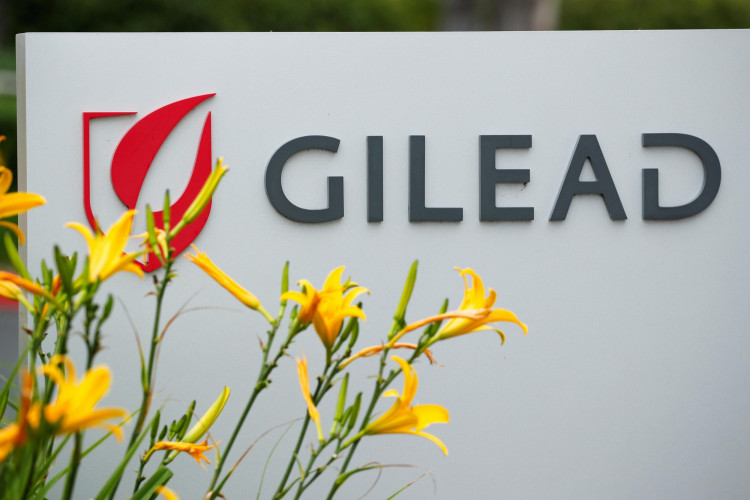British-Swedish pharmaceutical firm AstraZeneca had reportedly approached US biotech firm Gilead Science to engage in talks regarding a possible merger. A merger between the two biotech giants would effectively create one of the world's largest drug companies, causing a big shift in the global drug industry.
Apart from becoming a global biotech behemoth, a merger between the two companies would result in a unified effort to develop vaccines and treatments for the coronavirus pandemic. This would likely rile up some political tensions between the companies' respective governments as well as regulators as they seek to control any future medical breakthroughs.
If the companies were to merge, the combined entity would have a market capitalization of around $232 billion based on their respective stock prices as of Friday's closing. Their value would far exceed Merck & Co's $207 billion and Pfizer's $200 billion market capitalizations.
According to reports citing sources with knowledge in the matter, representatives from AstraZeneca had initially contacted Gilead last month. However, Gilead reportedly dismissed AstraZeneca's proposed merger stating that it was not interested in a deal at this point in time. Both companies have yet to confirm or deny the rumors, with representatives stating that they do not comment on speculations.
Market experts have questioned the validity of the rumors, citing that there was no real rational reason for the deal. The timing of the record-breaking deal also doesn't make sense given how both companies are still in the midst of investing billions of dollars in developing Covid-19 vaccines. The creation of a successful vaccine would also greatly elevate the share prices of the company that is able to release it to the public first.
Analysts at Jeffries think that such a deal is highly unlikely even with Gilead's low price-to-earnings ratio and the apparent synergy benefits of a merger. Gilead is still confident in its HIV business and it had stated plans of paving its own success. AstraZeneca on the other hand has also been quite successful with its oncology drugs.
For the first quarter of this year, Gilead was able to generate sales of more than $1.69 billion from its blockbuster HIV drug Biktarvy. Meanwhile, AstraZeneca was able to generate sales of more than $982 million from its lung cancer drug Tagrisso. Both companies' stock prices have also performed fairly well over the past few months, with AstraZeneca hitting new highs in April. Gilead's stock has so far increased by more than 20 percent since the start of the year.





